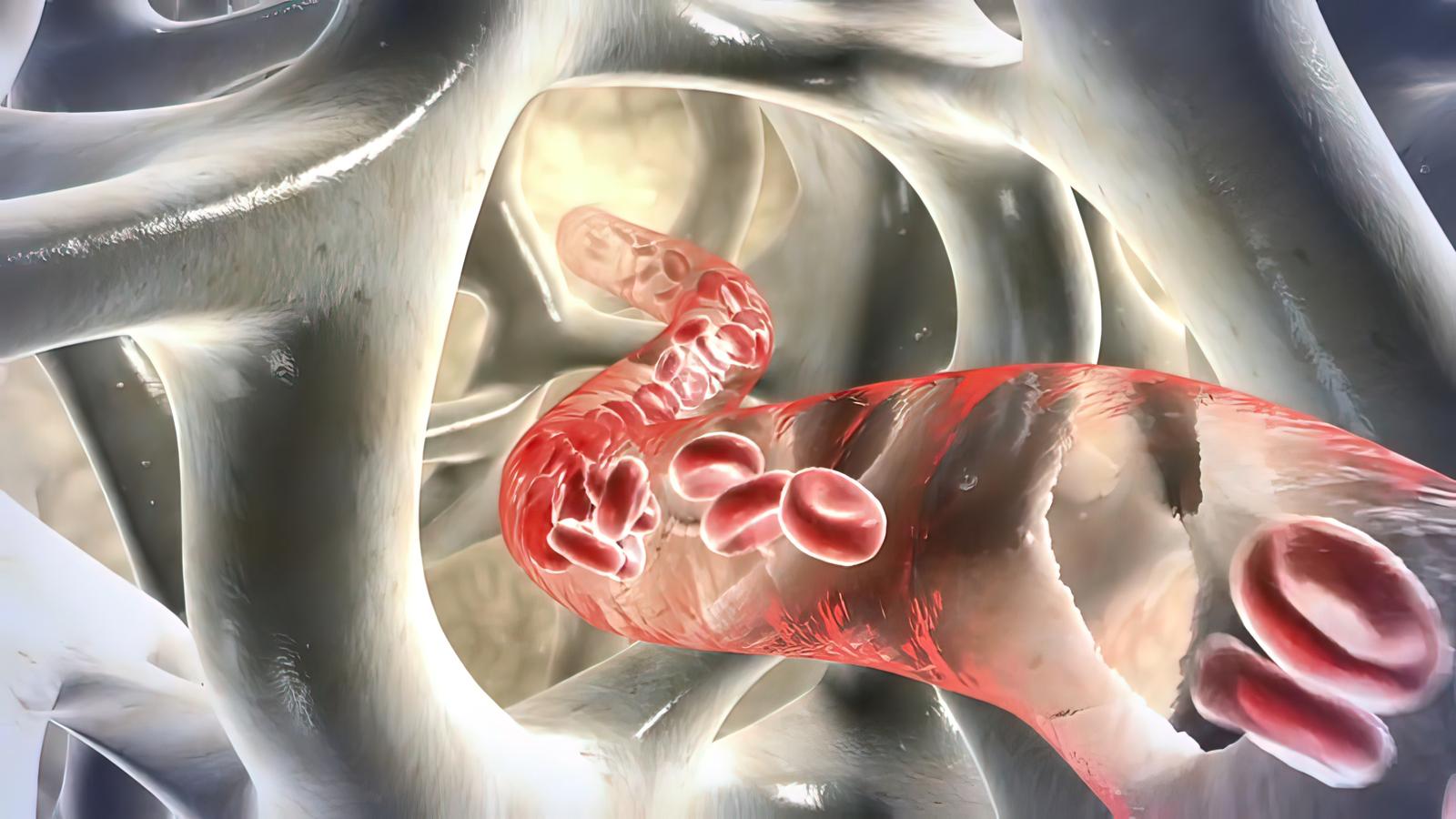Calcium is a vital mineral in the body, essential for maintaining healthy bones and teeth, nerve function, muscle contraction, and blood clotting. The presence of calcium in urine, a condition known as hypercalciuria when elevated, provides critical information about your body’s mineral balance and kidney function. Typically, a small amount of calcium is excreted in urine as part of the body’s natural regulation process. However, abnormal levels of calcium in urine, whether too high or too low, can indicate potential health issues that may require further investigation.
Elevated levels of calcium in the urine, or hypercalciuria, can occur due to several reasons, including high dietary calcium intake, excessive vitamin D consumption, or more serious conditions such as hyperparathyroidism, where overactive parathyroid glands cause increased calcium release from bones. This condition can increase the risk of developing kidney stones, which form when excess calcium combines with other substances in the urine to create crystals. Hypercalciuria is also associated with bone density loss, as the body may be leaching calcium from the bones to maintain necessary levels in the bloodstream, leading to conditions like osteoporosis if left untreated.
On the other hand, low levels of calcium in the urine, known as hypocalciuria, can occur due to inadequate dietary intake, certain genetic disorders, or conditions that affect calcium absorption, such as vitamin D deficiency. Hypocalciuria might also indicate that the body is retaining too much calcium, which could potentially lead to calcification in tissues or blood vessels, a condition where calcium deposits form in soft tissues, potentially leading to complications such as cardiovascular disease.
Monitoring calcium levels in urine is essential for assessing overall mineral balance and kidney health. Abnormal results may necessitate dietary adjustments, changes in supplement use, or further testing to investigate underlying conditions. Maintaining a balanced calcium intake through diet and supplements, when necessary, is crucial for supporting bone health and preventing complications related to both hypercalciuria and hypocalciuria.
References
- Curhan, G. C. (2007). Epidemiology of stone disease. Urologic Clinics of North America, 34(3), 287-293.
- Fraser, D., & Jones, G. (2011). Disorders of vitamin D. In Endocrinology: Adult and Pediatric (6th ed., pp. 1772-1804). Elsevier Saunders.
- Coe, F. L., & Favus, M. J. (2002). Disorders of calcium, phosphate, and magnesium metabolism. Disorders of Bone and Mineral Metabolism, 2nd Edition.



